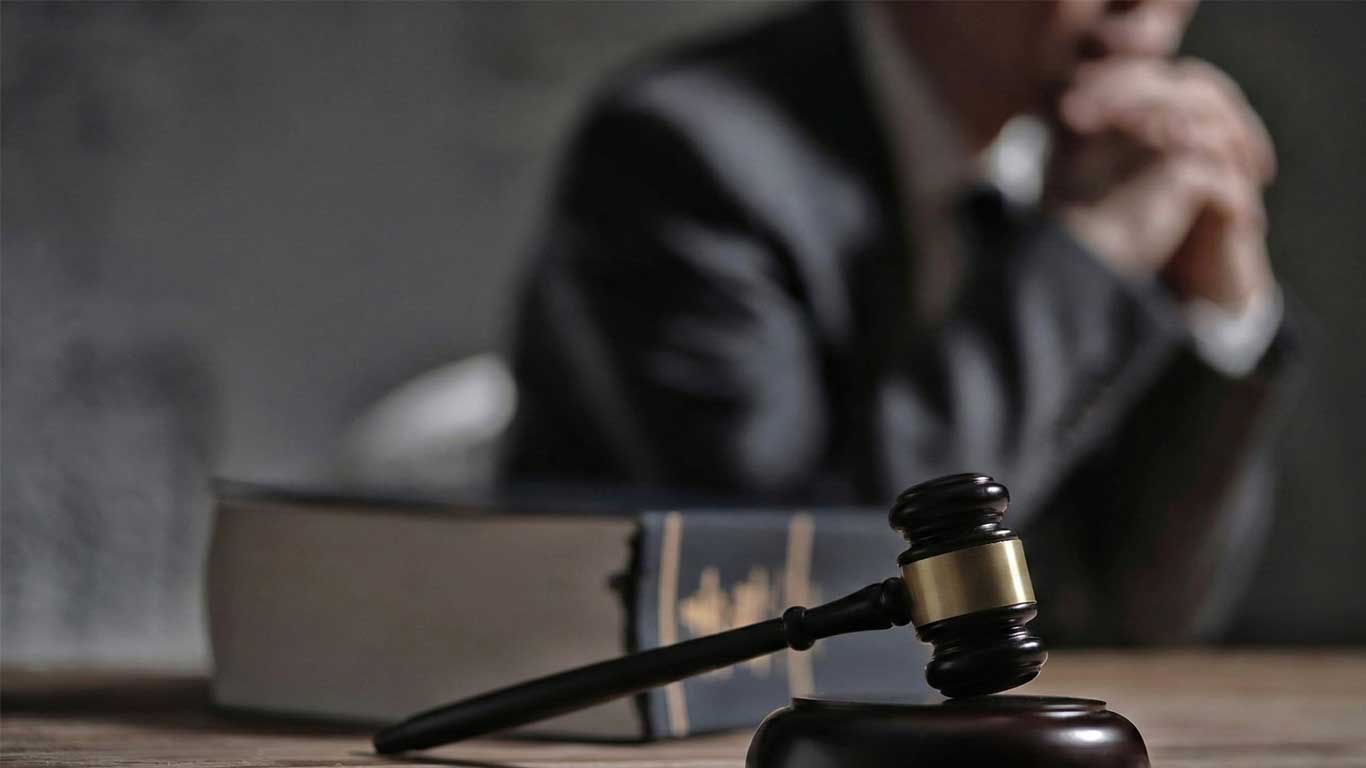
A military court has partially overturned the conviction of Riley S. Coleman, a U.S. Navy Operations Specialist, citing the improper use of substitute testimony in place of crucial missing video evidence. The court found that the military judge abused her discretion in allowing the testimony of a strip club manager to stand in for a surveillance video that had been destroyed.
The case, *United States v. Coleman*, centered on events that occurred at a strip club in Key West, Florida, in April 2023. Coleman was convicted by a general court-martial on charges of abusive sexual contact, assault consummated by a battery, and wrongful use of cocaine. The initial sentence included confinement for 120 days, reduction in rank to E-1, forfeiture of pay, and a bad-conduct discharge.
The Heart of the Matter: The Missing Video
The core of the appeal revolved around the missing surveillance video from the strip club, “Teasers.” The video was recorded by the club’s cameras and captured the interactions between Coleman and a dancer named Ms. Sierra. The footage was apparently overwritten before investigators could obtain the complete recording.
The military judge had ruled that the testimony of Mr. Bravo, the club manager, could substitute for the missing video. Mr. Bravo had viewed the video and provided a 29-second clip to the police. The court, however, found this ruling to be an abuse of discretion.
The Court’s Reasoning
The court explained that the missing video was “of such central importance that it was essential to a fair trial” concerning the charges of abusive sexual contact and assault. The court emphasized the importance of the missing video in establishing the context of the interaction between Coleman and Ms. Sierra. The court noted that Mr. Bravo’s testimony, which was limited and focused on the immediate moments of the alleged assault, did not adequately convey the nuances of their interactions prior to the incident.
The court highlighted that the missing video could have been critical for Coleman’s defense, particularly regarding a claim of mistaken belief about consent. The court stated that the full video could have shown the context of the interactions between Coleman and Ms. Sierra, including whether she had initiated any physical contact, thereby potentially supporting a defense of reasonable mistake of fact.
The court also took into account the credibility of Mr. Bravo’s testimony, which was damaged by testimony from other defense witnesses. The court found that Mr. Bravo had not viewed the entire video footage and therefore could not provide an adequate substitute for the missing video.
Cocaine Conviction Upheld
While overturning the conviction related to the missing video, the court upheld Coleman’s conviction for wrongful use of cocaine. The court found that the evidence presented was legally and factually sufficient to support the conviction.
Coleman argued that his positive drug test was due to accidentally ingesting cocaine that a friend had spilled in his car. The court, however, found the evidence against this claim strong enough to allow the conviction to stand.
Confrontation Clause Argument Rejected
Coleman also argued that the government violated the Confrontation Clause by presenting testimony from a substitute expert witness who did not perform the actual forensic testing on the urine sample. The court rejected this argument, citing the precedent set by a previous case, *United States v. Dillenburger*, which found that the specific facts of this case were distinguishable from the Supreme Court case *Smith v. Arizona*, which addressed the Confrontation Clause.
The Outcome
As a result of the court’s decision, Charge I (abusive sexual contact) has been dismissed, and the sentence has been set aside. The court has authorized a rehearing on Charge I and the sentence. The remaining findings of guilt, including the cocaine conviction, stand.